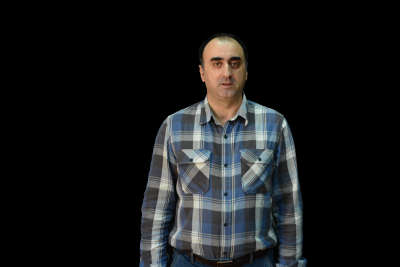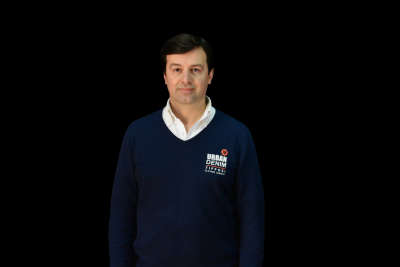Expert Crowdsourcing for Semantic Annotation of Atmospheric Phenomena
Large quantities of data gathered from monitoring the “vital signs of the planet” through climate and climate change research are difficult to describe, analyse and index, constraining the understanding of atmospheric phenomena and forecasting future events. Many techniques and methodologies have been used for annotating data, enabling semantic understanding and interoperability. Automatic processes make use of special designed or customized algorithms to identify common characteristics in the data. Manual processes require human computation to process data and associate semantics. Crowdsourcing is often used as an engagement solution, allowing an efficient usage of human computation. However, crowdsourcing is relatively unexplored in climate and atmospheric sciences [1]. Current initiatives promote citizens’ engagement in climate change through the usage of games and social networks [2]. The objective of this project, in the area of computer science, is to explore the application of crowdsourcing in climate and climate change research, through expert crowd annotation of atmospheric phenomena , following similar approaches in related domains as in oceanography [3]. This allows a sharing of lessons learned and a common design ground, following the AIR Centre strategy, a secondary research area of this project. Atmospheric phenomena annotation aims to bring new dimensions to current big data problems in climate and atmospheric sciences. Big data full potential in climate change domain [4] is restricted by the poor semantic knowledge of data gathered and the inability to correlate data with other domains. Therefore, we expect contribute bringing new knowledge and eliminating the current integration and fusion barriers. IDL team current climate research includes identifying, tracking and understanding extreme phenomena as explosive extratropical cyclones and atmospheric rivers. Due to their characteristics and to the resolution of the data, often algorithms fail to identify and to track these systems over consecutive occurrences, requiring the development of specific and more complex algorithms to handle these kinds of extreme events. However, for scientists, separating consecutive occurrences of phenomena is a relative simple task. This task can be outsourced to an expert crowd and current algorithms could still be used, with clear benefits for the computational power required. Therefore, our aim is to explore the usage of expert crowdsourcing for annotating this kind of systems, so automated methods and computational resources can be optimized in a future hybrid approach. This consortium was leaded by INESC TEC and followed the existing collaboration in HCI research with the HCII at CMU. IDL is a leading Portuguese research centre in the domain of atmospheric and climate sciences, bringing their expertise to the consortium. We believe that “Crowdsourcing as a research field has great potential to bridge the gap between the social scientists, computer scientists and physical and environmental scientists, thereby encouraging interdisciplinary working and enhancing knowledge exchange and scientific discovery” [5].






